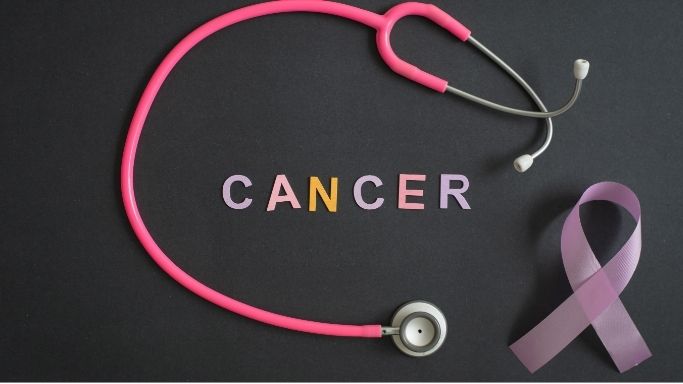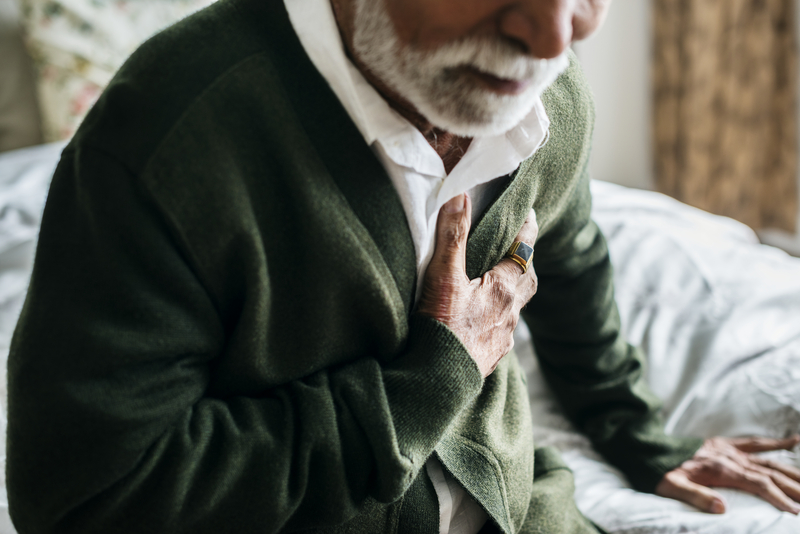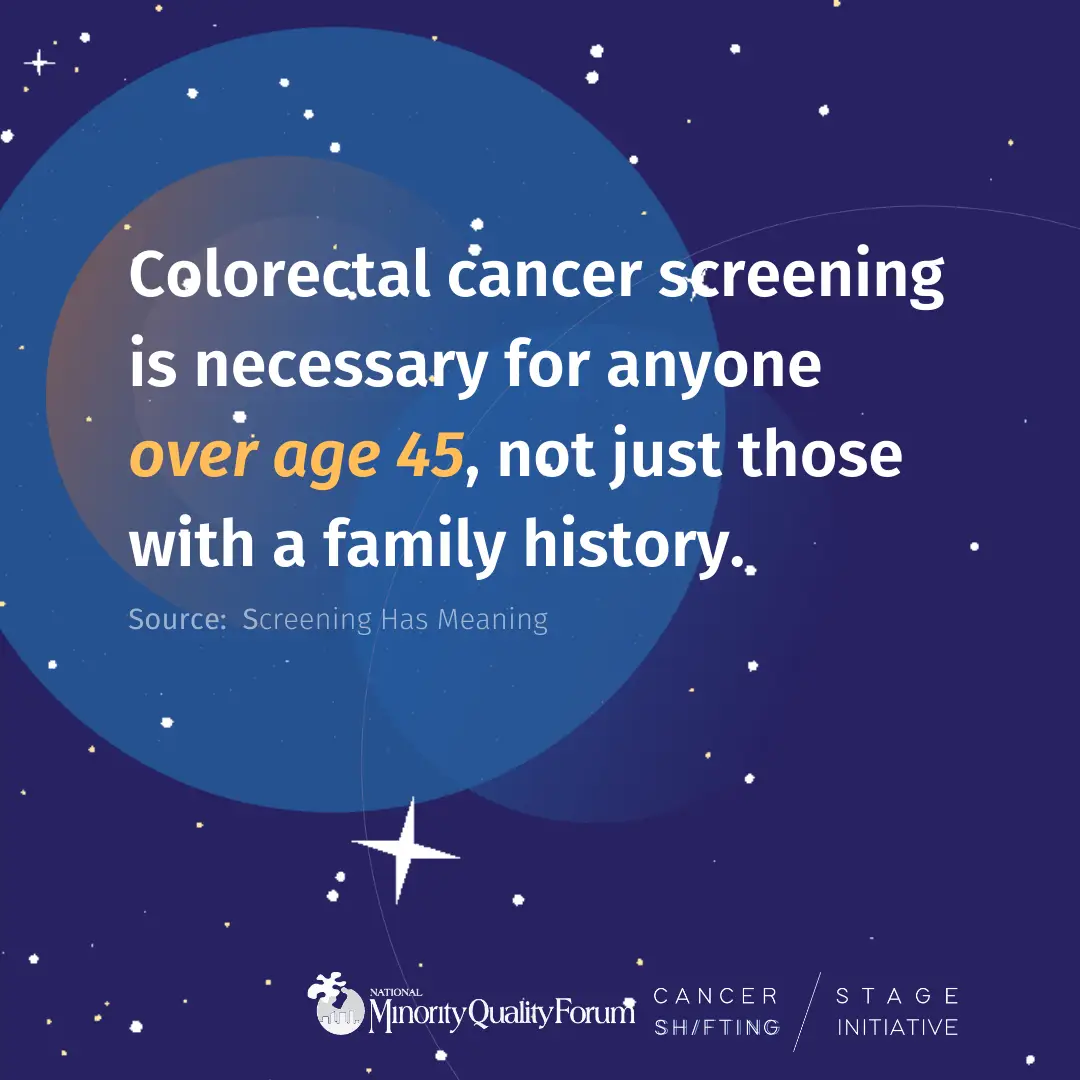Lung
Methods for Using Race and Ethnicity in Prediction Models for Lung Cancer Screening Eligibility
Importance:
Using race and ethnicity in clinical prediction models can reduce or inadvertently increase racial and ethnic disparitie...
Determinants of Lung Cancer Screening in a Minnesota Urban Indigenous Community - A Community Based, Participatory, Action-Oriented Study
Although lung cancer screening with annual low-dose chest computed tomography has been shown to reduce lung cancer deaths, it remains underutilized...
UH researchers get $700K to study the role of structural racism in lung cancer risks
Researchers Dr. Lani Park and Dr. Iona Cheng at the University of Hawaiʻi Cancer Research Center just received $700,000 in funding from the Nationa...
Updates in Lung Cancer Screening Criteria Increase African American Patient Participation
A significantly higher proportion of African American patients were screened for lung cancer through a centralized lung cancer screening program af...
Four New York City Cancer Centers Receive $1 Million SU2C Grant to Improve Lung Cancer Care in Underserved Minority Patients | News
NEW YORK, June 27, 2022 /PRNewswire/ — A team of New York City lung cancer experts, led by investigators at NYU Langone Health’s Perlmu...
New System Boosted Lung Cancer Surgery by 43% in Black Patients
If surgery for early non–small cell lung cancer (NSCLC) is not performed within 8 weeks of diagnosis, survival outcomes are not as good as they cou...
Trending Topics
Features
- Drive Toolkit
Download and distribute powerful vaccination QI resources for your community.
- Health Champions
Sign up now to support health equity and sustainable health outcomes in your community.
- Cancer Early Detection
MCED tests use a simple blood draw to screen for many kinds of cancer at once.
- PR
FYHN is a bridge connecting health information providers to BIPOC communities in a trusted environment.
- Medicare
Discover an honest look at our Medicare system.
- Alliance for Representative Clinical Trials
ARC was launched to create a network of community clinicians to diversify and bring clinical trials to communities of color and other communities that have been underrepresented.
- Reducing Patient Risk
The single most important purpose of our healthcare system is to reduce patient risk for an acute event.



















